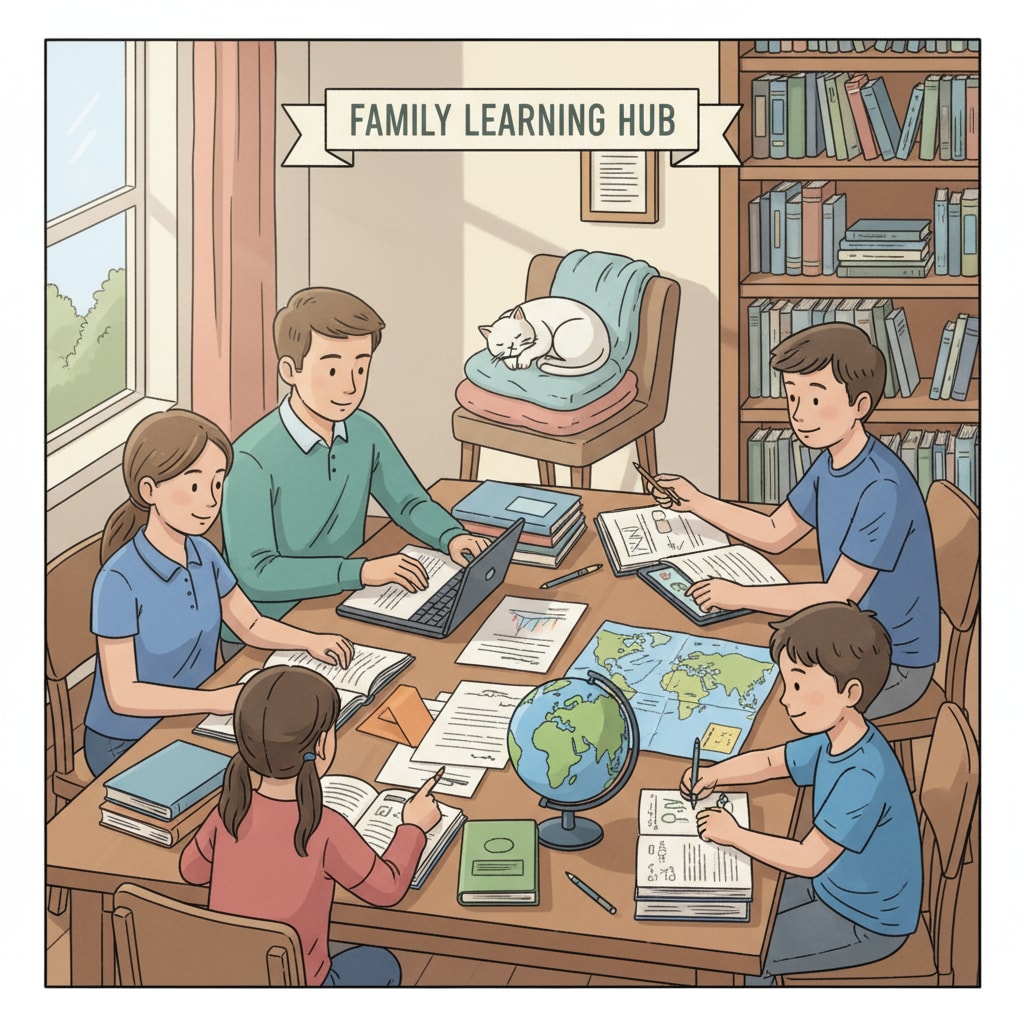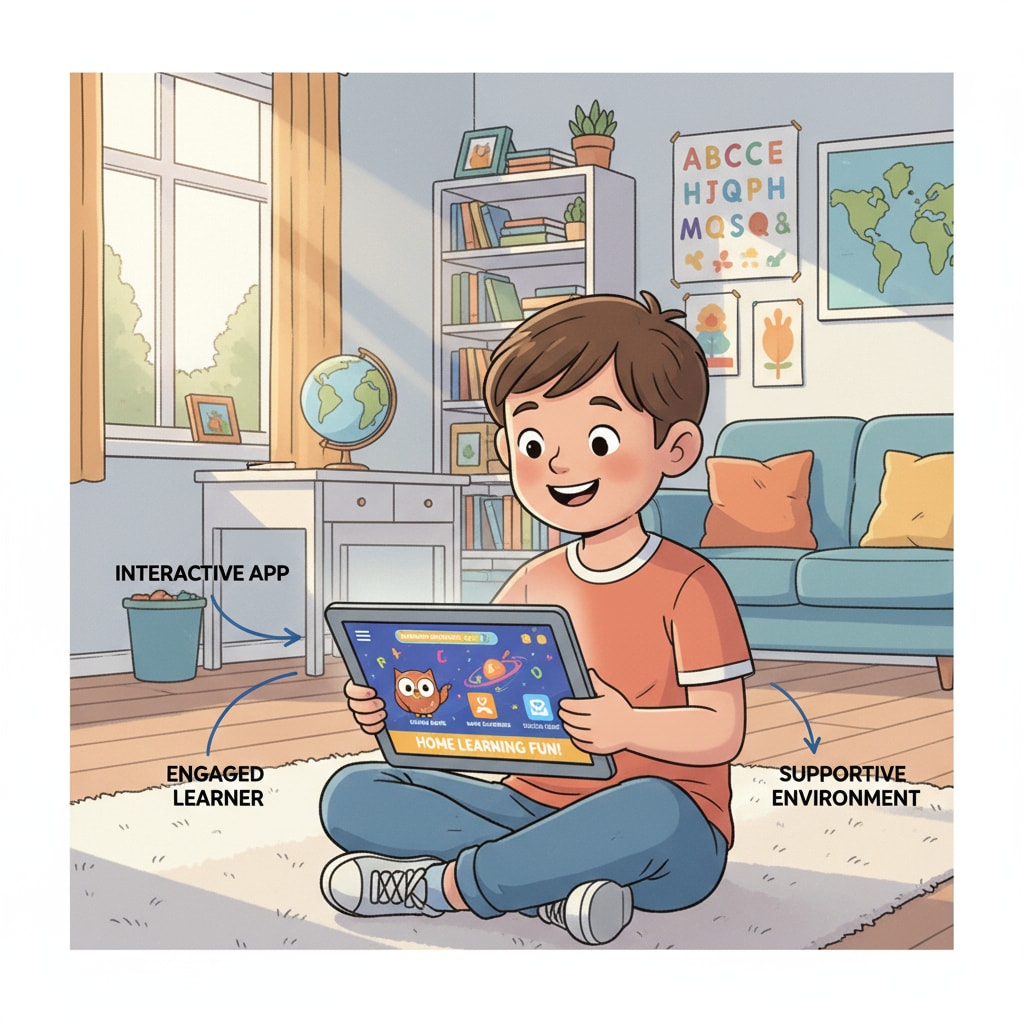In the realm of family education, academic resources and educational arrangements play pivotal roles in a child’s learning journey. Parents are constantly on the lookout for the best resources to support their children’s educational growth. This article will introduce some top K12 academic resources and how to apply them effectively.

Understanding the Key K12 Academic Resources
When it comes to K12 education at home, several types of resources stand out. Online educational platforms, for example, offer a wealth of courses tailored to different grade levels and subjects. Websites like Khan Academy (Khan Academy on its official website) provide free, high-quality video lessons covering math, science, history, and more. These platforms are convenient as students can learn at their own pace, rewatch difficult concepts, and track their progress.
Educational apps are another valuable resource. For language learning, apps such as Duolingo (Duolingo on its official website) make learning a new language fun and engaging. They use gamification techniques to keep students motivated and offer bite-sized lessons that can be completed anywhere, anytime.

Integrating Resources into Daily Learning
Incorporating these resources into daily routines can enhance learning efficiency. For instance, in the morning, students can start their day with a quick language lesson on an app during breakfast. This sets a positive learning tone for the day. After school, they can use online platforms to review what they learned in class, filling in any knowledge gaps.
Parents can also create a dedicated study time in the evening. During this time, students can work on projects or assignments related to the resources they’ve used. For example, if they watched a science video on an online platform, they can conduct a simple experiment at home to reinforce their understanding.
Weekly Educational Arrangements
On a weekly basis, parents can plan more in-depth learning activities. Set aside a specific day for exploring different academic resources. For example, on Saturdays, students can explore educational documentaries on platforms like National Geographic (National Geographic on its official website) to expand their knowledge in various fields.
Another great idea is to organize family learning sessions once a week. Everyone in the family can choose a topic they’re interested in from the academic resources and share what they’ve learned. This not only promotes learning but also strengthens family bonds.
Readability guidance: By clearly categorizing resources and application methods, we make it easier for parents to understand and implement. Remember, a balanced use of different resources and well-planned educational arrangements are key to a successful home learning environment.


